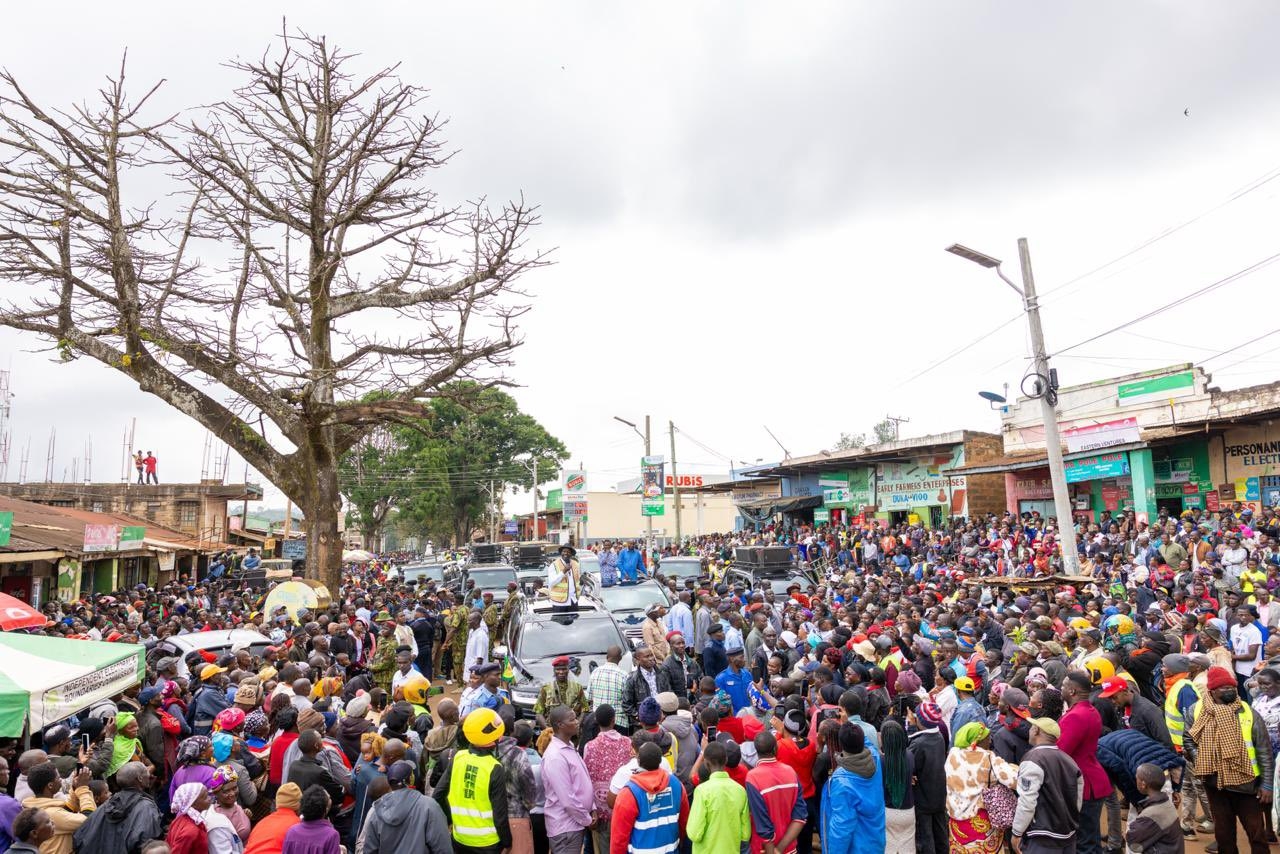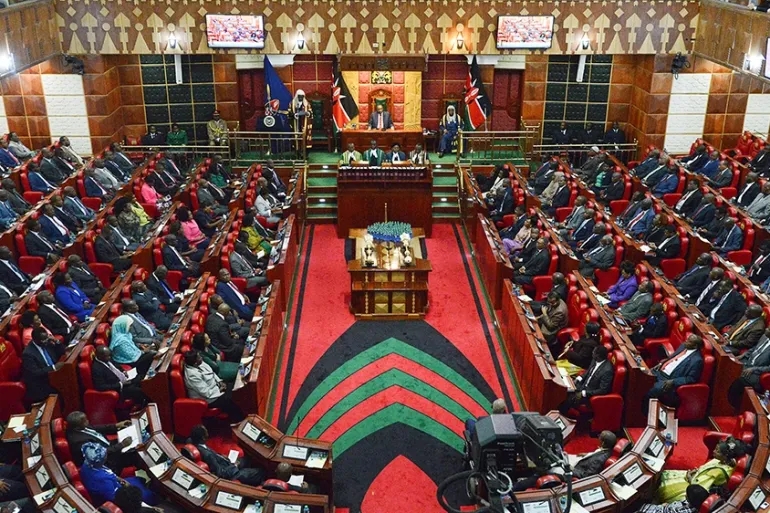As we make our way through the 21st century, urban centres in Kenya are at a crossroads. Rapid urbanisation is reshaping the landscape of our cities and towns, posing both incredible opportunities and daunting challenges.
In this transformative era, one cannot help but ponder whether our urban managers, both elected and civil servants, possess the intrinsic understanding of urban issues necessary to navigate this complex terrain effectively.
Let me be clear: This is not an indictment of individuals who were born in rural areas and have risen to become urban managers. After all, governance and management are skills that transcend one's place of birth. However, it is imperative that urban leaders and civil servants, who oversee the running of our cities, possess a deep understanding of urban complexities to address the unique challenges urban areas face.
A glaring issue that raises concern is the dual residence many urban managers maintain. It is not uncommon to find urban managers who retain their rural homes and frequently shuttle between their urban responsibilities and their rural abodes. While this may seem like a personal choice, it raises questions about their commitment to urban issues and whether their hearts and minds are fully dedicated to the challenges of managing urban centres.
One cannot help but wonder if this dual existence hampers the ability of urban managers to fully immerse themselves in the urban experience and understand the multifaceted issues that plague our cities. Urban centres require dedicated, round-the-clock attention, and the ability to respond swiftly to evolving challenges. If urban managers divide their focus between urban and rural matters, it raises concerns about their effectiveness in managing the unique demands of urbanisation.
The shortcomings in the running of Kenya's urban centres are apparent to anyone who cares to look. From inadequate infrastructure to rampant informal settlements, from traffic congestion to inadequate waste management, the challenges are myriad. Let us juxtapose these issues with the looming threat of El Niño rains and other potential disasters that are waiting to happen.
One of the most pressing concerns is the state of our urban infrastructure. Many of our cities and towns are grappling with insufficient road networks, inadequate public transportation systems and crumbling bridges. The failure to invest in urban infrastructure not only hampers economic development but also jeopardises the safety and well-being of urban residents.
Take, for instance, the perennial traffic congestion in Nairobi. The city's road network is overwhelmed by a growing number of vehicles, leading to gridlock and significant productivity losses. Urban managers should be spearheading efforts to invest in public transportation systems, expand road networks, and promote sustainable transportation alternatives to alleviate this issue.
In addition to traffic congestion, the proliferation of informal settlements is a critical concern. Many urban areas lack proper housing for their residents, leading to the growth of slums and informal settlements that lack basic amenities like clean water and sanitation. This not only perpetuates poverty but also poses significant health risks, especially in the event of heavy rains and flooding.
El Niño rains, which have the potential to cause widespread flooding, expose the vulnerability of our urban areas. Inadequate drainage systems and unchecked construction in flood-prone areas increase the risk of devastation when heavy rains occur. Urban managers must proactively invest in resilient infrastructure and disaster preparedness to mitigate the impact of such natural disasters.
Waste management is another urban challenge that remains unaddressed in many areas. Improper disposal of waste not only degrades the urban environment but also poses health hazards. In the event of heavy rains, improperly managed waste can block drainage systems and exacerbate flooding issues, compounding the problems faced by urban residents.
In light of these challenges, it is essential for our urban managers to possess a deep understanding of urban issues and the commitment to address them effectively. Urbanisation is a relentless force, and our urban leaders must be equipped with the knowledge and vision to ensure that our cities and towns grow sustainably.
In conclusion, the dearth of urban managers who intrinsically understand urban issues poses a significant challenge as Kenya navigates the complex urbanisation process of the 21st century.
To effectively address the shortcomings in the running of urban centres and prepare for potential disasters like El Niño rains, it is imperative that urban managers receive the necessary training, commit fully to urban responsibilities and prioritise the development and resilience of urban areas. Only through these concerted efforts can Kenya's urban centres thrive and provide a high quality of life for their residents.
Director, School of Business and Management Studies at The Technical University of Kenya. [email protected] / @ato_yiengo
















